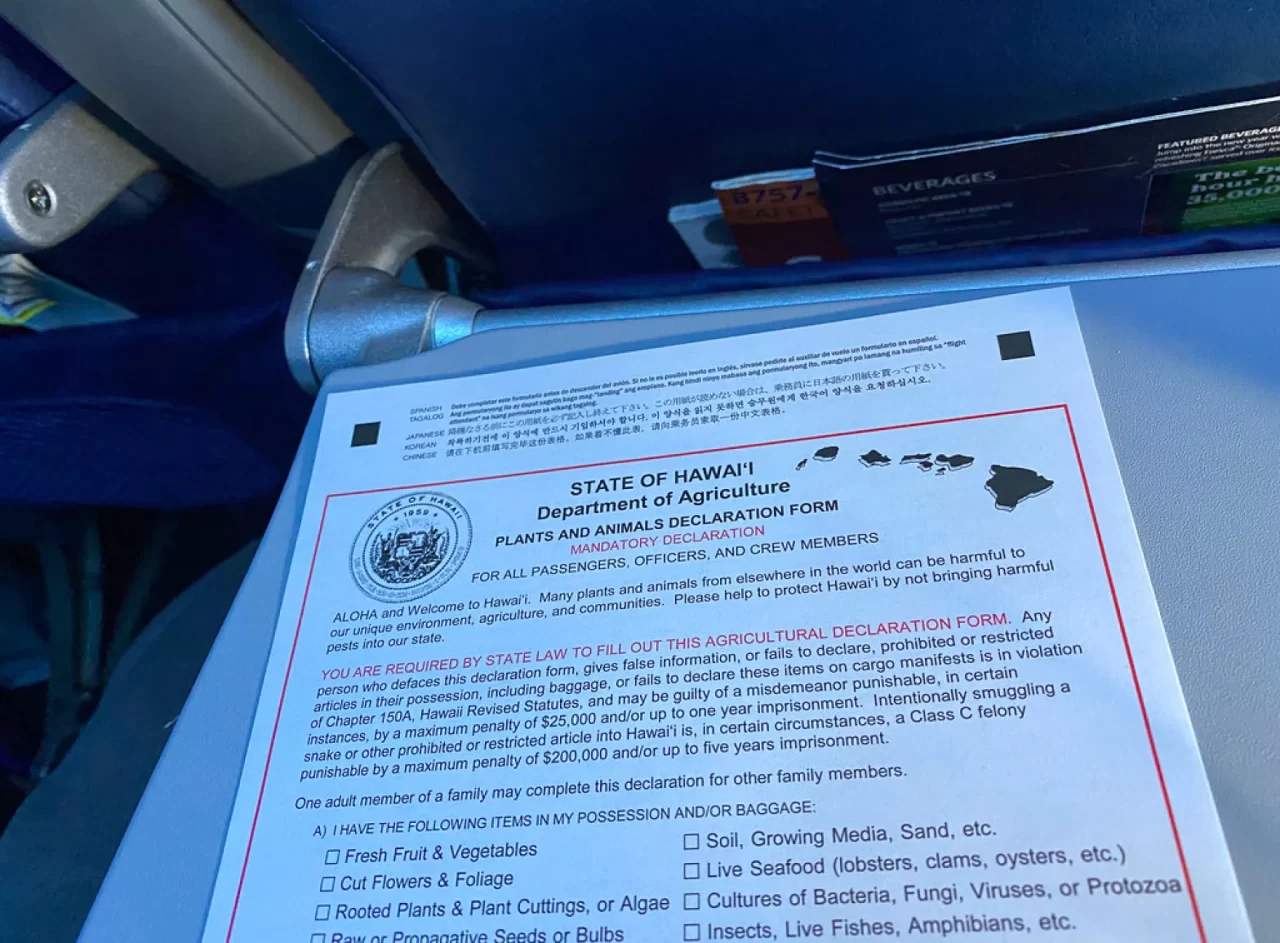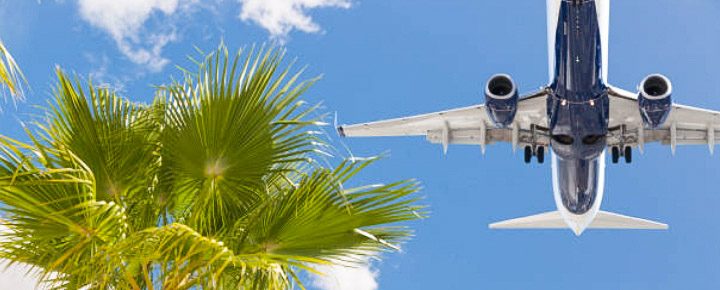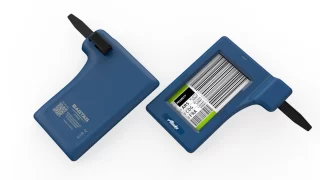Are Hawaii’s Ag forms joining the modern age? A long-awaited transformation appears set to be forthcoming. Visitors to Hawaii have long been familiar with the kitsch paper agriculture forms distributed on the plane before landing.
There’s that awkward moment at 30K feet when you remember the pen or pencil you forgot to bring (do people still travel with pens?) and then try to scramble and borrow one from another passenger to complete it. During this time, have you ever thought that this seven-decade-long practice could instead be paperless?


This system has been in place since the 1950s.
Well, this entirely cumbersome tradition we’ve long-endured could finally become a relic of the past, just like the library card catalog. A significant legislative move is set to transform how these forms are handled, with a final vote looming this week that could finally bring at least this aspect of the state of Hawaii into the digital age.
Hawaii has been considering the agricultural declaration form upgrade for years. Efforts to modernize this process date back more than a decade, with various proposals and discussions occurring throughout the years, including legislative attempts and discussions.
That means that airport agriculture inspectors will no longer have to go through each form by hand before sending them to be scanned and processed. This routine was designed to protect Hawaii’s unique ecosystem from invasive species. However, the paper-based system has often been inefficient, prone to non-compliance, and environmentally wasteful.
There’s more happening behind the scenes besides Hawaii agriculture.
The other side of the form is a voluntary Hawaii visitor and returning resident survey. For editor Rob, this side has been a chance to revisit the lost art of the bubble sheet; and how to stay carefully inside the circle when darkening the bubble.
Hawaii Tourism Authority could lose data about visitors.
For HTA, the visitor form on the other side of the current physical Ag form has been a gold mine of research information. So much so that HTA covers the expensive cost of printing and processing the form rather than the Department of Agriculture.
New legislation and Its implications without paper.
The proposed Hawaii Senate Bill 633 aims to digitize the agriculture declaration forms, integrating them into the online check-in procedures for flights to Hawaii.
Senator Glenn Wakai, a long-time proponent of this initiative, highlighted the potential for significant cost savings and operational efficiencies. The bill suggests that digitizing these forms could save the state approximately $500,000 annually by reducing the costs associated with printing, collecting, and processing the current six million forms used yearly.
Under the new system, travelers will encounter the agriculture declaration form right after the section verifying the absence of contraband items in their luggage during online check-in. Those without access to digital options could use dedicated airport kiosks to complete their forms. This change ensures all travelers know Hawaii’s agricultural regulations before boarding their flights.
Furthermore, the real-time data obtained from digital submissions could enhance the responsiveness of biosecurity measures at Hawaiian ports of entry.
Previous attempts to digitize the Ag forms have fallen short.
This was often due to logistical and technological hurdles. However, the successful deployment of digital systems during the COVID-19 pandemic, such as the Safe Travels program, provides a hopeful precedent. This experience has shown that significant digital transformations are possible even in complex regulatory environments with adequate resources and planning
Stakeholder opinions on the bill vary.
Mufi Hannemann’s Hawaii Lodging & Tourism Association has expressed strong support for the bill, citing the added convenience for visitors and the protection of Hawaii’s natural resources. At the same time, Mufi’s other organization, the HTA, stands to lose valuable Hawaii visitor data. We don’t know that there will be a way for that information to be collected with this new system. The Hawaii Farm Bureau emphasizes the critical need for robust biosecurity measures to safeguard local agriculture.
As the legislature prepares for a final vote, we’ll continue to keep you informed and engaged. For more detailed information on the bill and to track its progress, see the bill below.
Will you be sad to see the Hawaii paper Ag form and the visitor survey go?
Featured image credit Tony Webster/Flickr.
SB633






This will be fine so long as it is convenient to fill out and doesn’t add to the time you need to arrive at the airport. For me, the best would be to fill it out while doing my online checkin at home.
Fill it out before getting onboard the flight? So what’s to prevent anyone from then purchasing and placing prohibited items in their baggage or carryon? This makes no sense whatsoever.
While it’s critically important to maintain robust biosecurity measures to protect native Hawaiian species against invasive pests, I sincerely doubt the current written declarations provide many safeguards. By the time the paper forms are collected, scanned and read, visitors are long gone.
HTA visitor data could be preserved by simply digitizing the existing form in its entirety. That’s not a particularly heavy burden.
I’ll have to use one of the kiosks if they pass it. I always bring an extras pen because someone Always needs one. Is that Aloha? 😀
Best Regards!